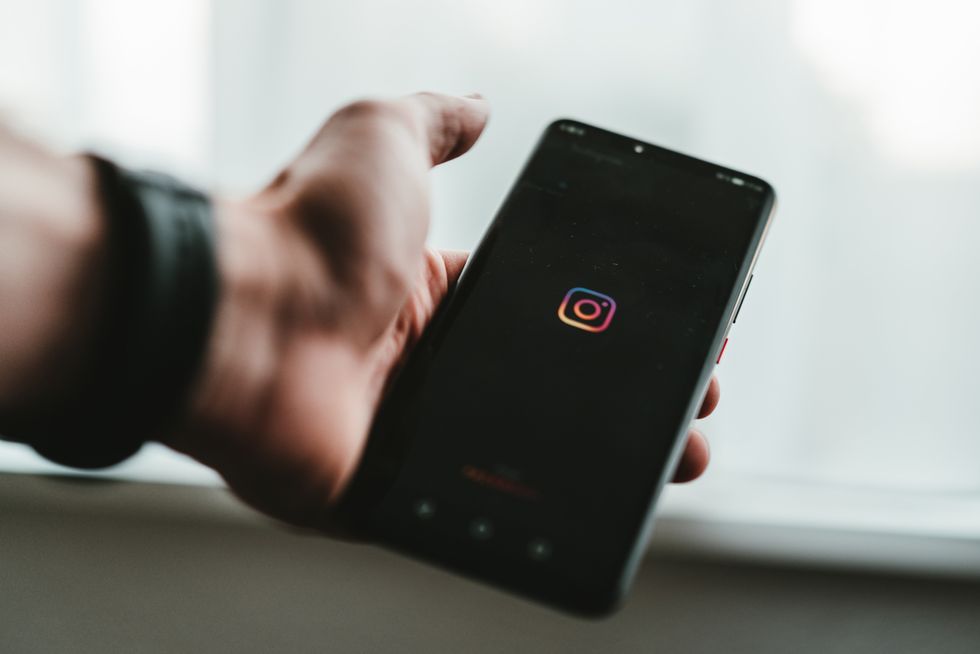If you've spent any time in Instagram lately, you may have noticed that the "activity" tab, the part of the app that informs the user of their likes, comments, and tags, has been replaced with a "shopping" one, which lists products that corporate accounts have listed for your viewing. There are options to buy said products within the app, and the recommendations are based both on brands you follow and similar items you may have searched for (as at this point it's common knowledge that search engines collaborate on algorithms to tailor content, including products, for each individual specifically). The move by Facebook, which owns Instagram, was almost universally disliked to varying degrees by users of the app, who weren't accustomed to such a feature being present on the app. The activity feed is also now in a difficult spot to locate, and the button to access it is physically much smaller than before. While these just seem like short-sighted decisions on the company's part, there is likely more going on here.
In the 21st century, social media has taken on a unique role in people's lives. Especially in the isolated age of COVID, the different social media platforms people inhabit take on two lives: they are bringers of both information and falsehoods, and avenues for connection and discord. The activity tab embodies this well: it can be the source of likes or nice comments, or the latest in a long argument one has found themselves in in a long comment thread on a political post. But more important to Instagram's changes is the first point. Unless one is looking for it, the activity tab is more often than not a source of joy and affirmation: it tells us when someone likes our photos, comments that we look good, or tags us in a photo of a group outing or another shout-out to our existence. Hitting the activity tab, especially when one has just posted something can be a bit of a dopamine rush; seeing the likes pile up can be affirming to our self esteem, in the same way that their absence can cause the opposite effect. It is also an issue of muscle memory, as people instinctively will go to the tab for a source of momentary happiness. Switching this with a shopping tab is a deliberate act, meant to incentivize consumption above all else.
This issue is not necessarily specific to Instagram, as Facebook, Snapchat, and even Reddit have tried implementing similar shopping incentives, either through ads or direct promotions. It is also not uncommon to see targeted ads based on one's search history appear on said social media sites, and all in all it seems like a larger concentrated effort to fuse entertainment and capitalistic materialism. The best way to combat these things is simply to be aware of them––it is easy to combat the impulse when you're aware that it exists and that it is there because someone else has an agenda. It is an agenda that equates satisfaction and happiness with consumption, and it is an agenda that needs to be countered at all costs.
















